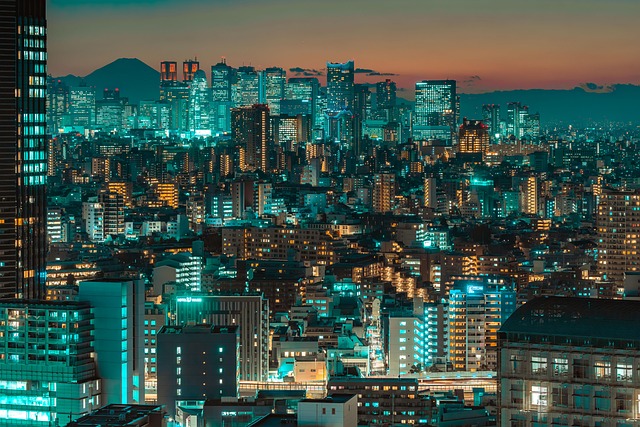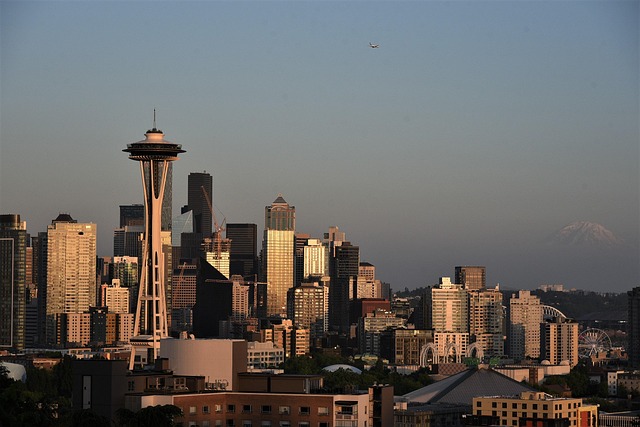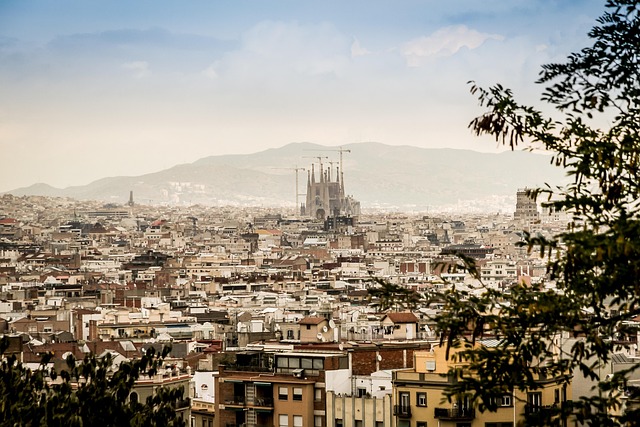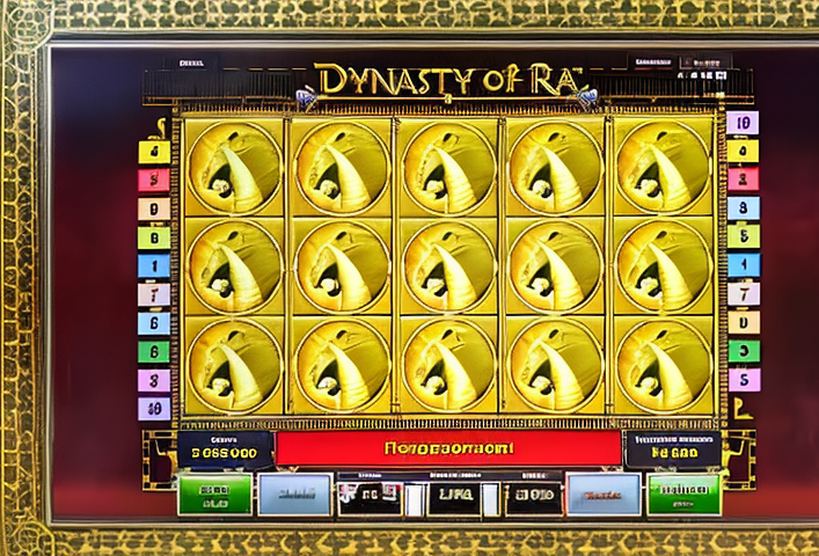
Karachi, Pakistan's vibrant metropolis, boasts an extensive network of recycling centers accessible throughout diverse neighborhoods, facilitating efficient waste management and promoting sustainability. These facilities accept various recyclable materials, reducing the city's carbon footprint. Local initiatives create drop-off points for citizens, fostering community collaboration and eco-consciousness. Challenges like outdated infrastructure and lack of funding hinder full effectiveness, but strategic investments in modern facilities, sorting systems, and community education can transform Malir district into a leader in ecological sustainability, stimulating job growth and contributing to a greener Karachi.
In Karachi, the bustling metropolis of Pakistan, recycling centers play a vital role in sustainable waste management. This article explores the intricacies of recycling initiatives in the Malir area, focusing on location and accessibility, materials accepted, community impact, challenges faced, and future prospects. Discover how these centers are revolutionizing waste management in Karachi, transforming a labyrinthine problem into a symphony of environmental stewardship.
- Location and Accessibility of Recycling Centers in Karachi
- Types of Materials Accepted at Malir's Recycling Facilities
- The Impact of Local Recycling Initiatives on Community
- Challenges Faced by Recycling Centers in Malir Area
- Future Prospects for Enhanced Waste Management in Karachi's Malir
Location and Accessibility of Recycling Centers in Karachi

Karachi, Pakistan’s bustling metropolis, is home to several recycling centers that play a vital role in managing waste and promoting sustainability. These centers are strategically located across different areas of the city, making them accessible to both businesses and residents. In the heart of Malir, for instance, lies a well-organized recycling facility that caters to the local community’s needs. The center is easily reachable, with major roads providing convenient access, allowing for efficient collection and processing of recyclables.
The accessibility of these facilities is not limited to specific zones; Karachi’s diverse neighborhoods benefit from an extensive network of recycling centers. From industrial areas where large-scale waste management operations take place to residential sectors with dedicated drop-off points, every corner of the city has a say in contributing to the local recycling effort. This inclusive approach ensures that sustainable practices become embedded in the urban fabric of Karachi.
Types of Materials Accepted at Malir's Recycling Facilities

In Karachi, recycling centers like those in Malir play a vital role in managing and reducing waste. These facilities accept a variety of materials that can be recycled, contributing to a cleaner and more sustainable environment. Common items include plastic bottles, cans, paper products, and glass containers.
Malir’s recycling centers also take various types of electronics, such as old mobile phones, computers, and TV sets. Additionally, they often collect metal scraps like aluminum cans, steel drums, and even old appliances. These materials are then processed and transformed into raw materials for manufacturing new products, thereby minimizing the need for extracting fresh resources, a significant step towards reducing carbon footprints in Karachi.
The Impact of Local Recycling Initiatives on Community

In Karachi, local recycling initiatives have been making waves, transforming communities and environments alike. These projects, often led by dedicated residents or non-profit organizations, serve as powerful examples of how collective action can drive sustainable change. By providing accessible points for residents to drop off recyclables like plastic, paper, and metal, these initiatives not only encourage responsible waste management but also create a sense of shared responsibility for the city’s future.
The positive impact extends far beyond the physical act of recycling. These local efforts foster a community spirit, where neighbors collaborate, learn, and grow together. They empower folks to take charge of their environmental footprint, leading to a more conscious and eco-friendly mindset. Moreover, by diverting waste from landfills, these initiatives contribute to a cleaner, healthier Karachi, ensuring a better future for both its residents and the environment.
Challenges Faced by Recycling Centers in Malir Area

Recycling centers in Malir, Karachi, face several challenges that hinder their effectiveness and impact on the local environment. One of the primary difficulties is the lack of proper infrastructure and facilities. Many centers are equipped with outdated machinery, which reduces their capacity to handle large volumes of waste and limits the types of materials they can process efficiently. This results in incomplete recycling processes and a significant amount of waste ending up in landfills or being disposed of unsustainably.
Additionally, the centers struggle with inconsistent funding and support from local authorities. Inadequate financial resources impact their ability to upgrade equipment, expand operations, and hire skilled personnel. This challenge is further exacerbated by the lack of awareness among residents about recycling practices, leading to contaminated recyclables and reduced collection rates. These factors collectively contribute to the overall inefficiency of recycling efforts in Malir, making it imperative to address these issues for a more sustainable future in Karachi.
Future Prospects for Enhanced Waste Management in Karachi's Malir

The future of waste management in Karachi’s Malir holds immense potential for positive environmental change. With proper investment and strategic planning, the region can become a model for sustainable practices. Enhanced recycling centers, equipped with modern technology and efficient sorting systems, could significantly boost the area’s recycling rates. Encouraging community involvement through education and awareness campaigns will be key to achieving this goal.
By implementing innovative solutions like waste-to-energy conversion and introducing comprehensive waste collection networks, Malir can move towards a more circular economy. These prospects not only reduce environmental pollution but also create job opportunities, fostering a greener and healthier Karachi.
The recycling centers in Malir, Karachi, play a pivotal role in shaping the city’s sustainable future. By accepting a diverse range of materials and contributing to community development, these centers are proving that eco-friendly initiatives can thrive. Despite challenges, the positive impact on the local environment and economy highlights the potential for enhanced waste management across Karachi. As the city continues to grow, implementing innovative solutions inspired by Malir’s recycling efforts could be the key to a greener, more resilient future for all Karachis.




